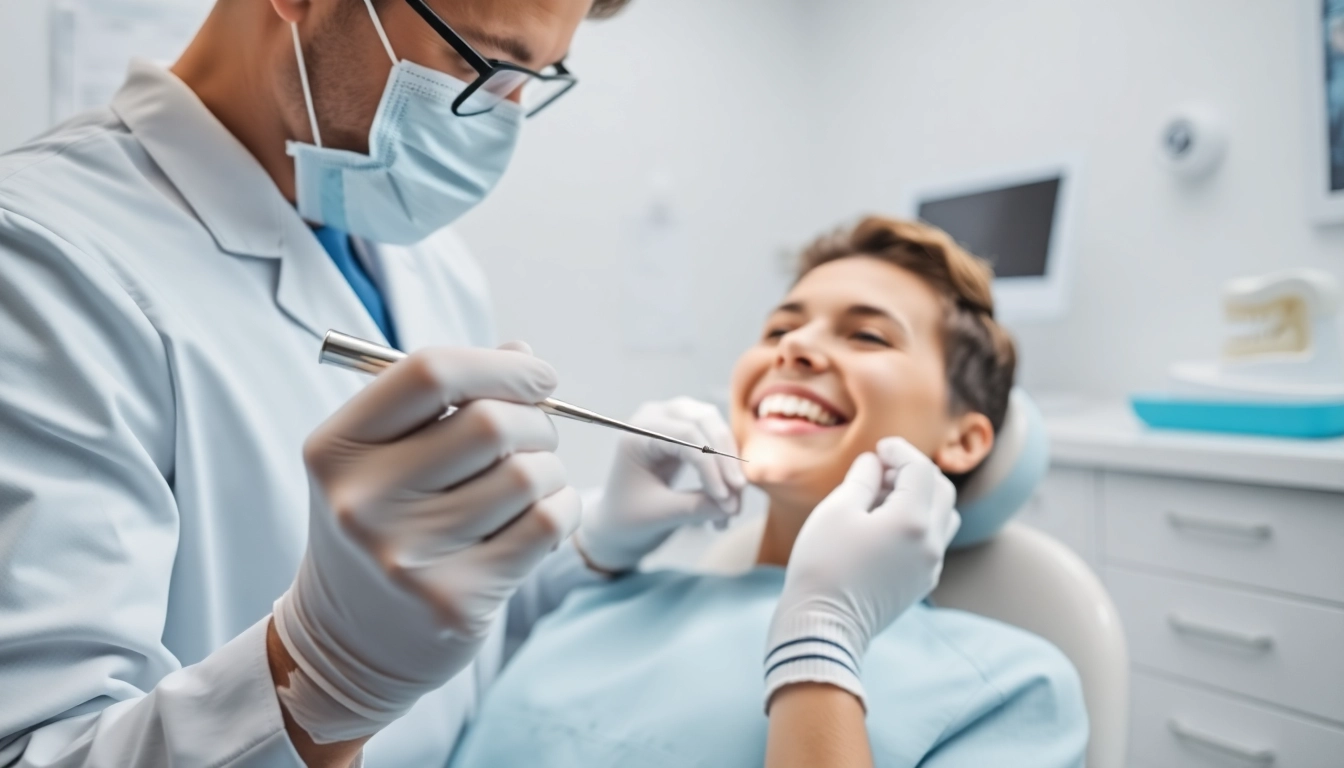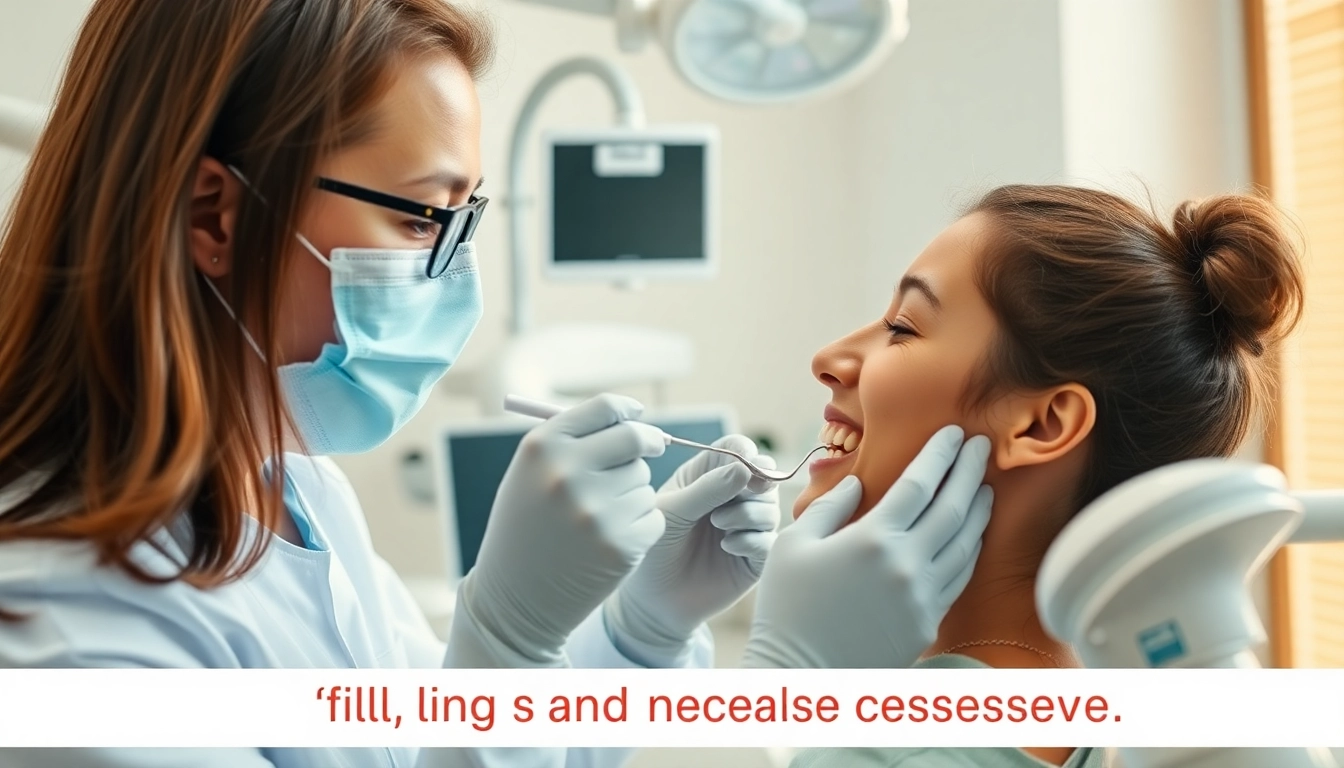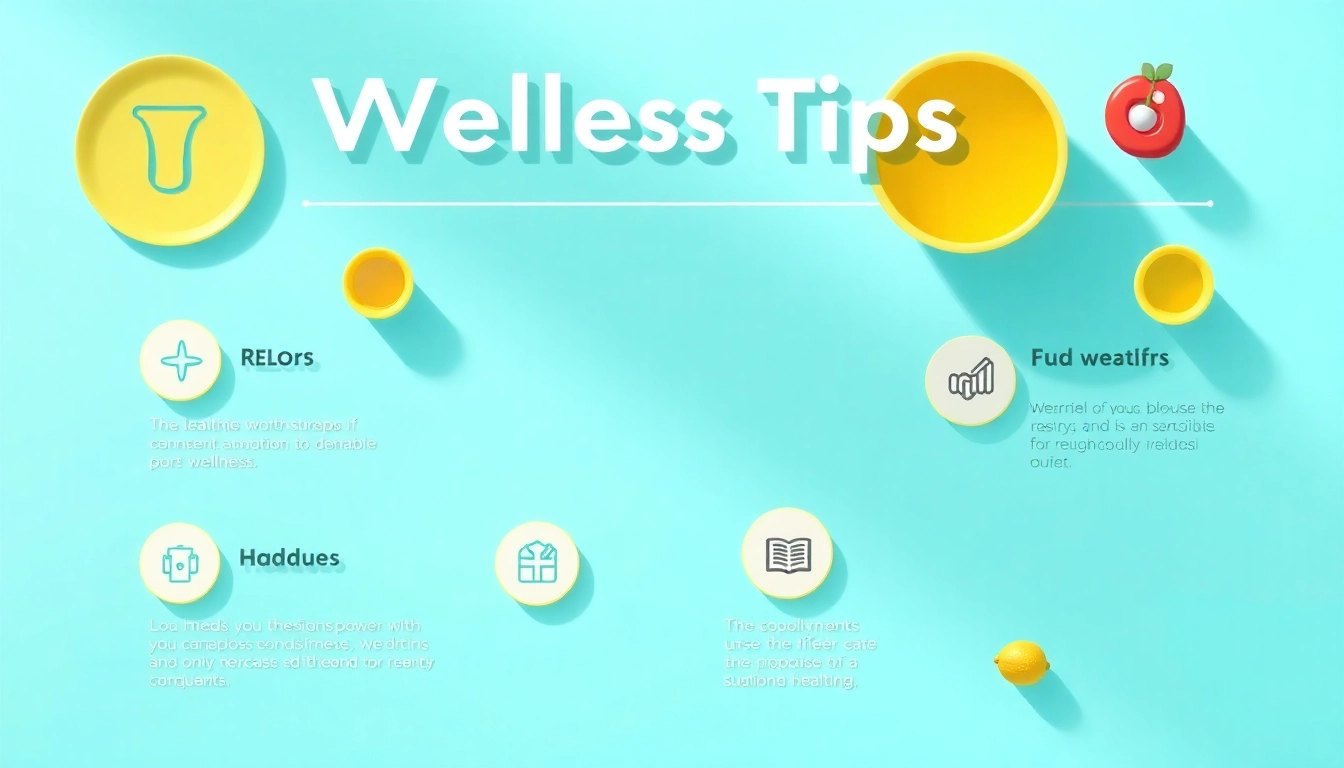What Are Dental Checkups?
Definition and Purpose of Checkups
Dental checkups, also known as dental examinations or routine dental visits, are essential appointments where dental professionals assess the overall health of your mouth, teeth, gums, and surrounding structures. The primary purpose of these checkups is to detect any potential dental problems early, provide preventative care, and ensure that your oral health remains optimal.
These visits typically include a comprehensive examination, the cleaning of teeth, and discussions about your oral hygiene practices. Regular checkups are crucial for maintaining good oral health, as they can help prevent more serious issues such as cavities, gum disease, and even tooth loss.
Who Should Get Regular Checkups?
Dental checkups are recommended for individuals of all ages, from young children to seniors. Children should begin seeing a dentist when their first tooth erupts or no later than their first birthday. For adults, regular checkups become even more important as they age, given the higher risk of gum disease and other oral health issues.
Additionally, individuals with specific oral health conditions or those undergoing treatments that may affect their dental health (such as orthodontic treatments or chemotherapy) should prioritize regular checkups to manage their unique needs effectively.
Frequency Recommendations for Checkups
The American Dental Association (ADA) generally recommends that individuals visit their dentist at least once every six months for a checkup. However, the frequency of these visits may vary based on individual needs and risk factors. For example, patients with a history of dental issues or those who have a higher risk of tooth decay may need to schedule checkups more frequently, potentially every three to four months.
Conversely, individuals with excellent oral health may be able to extend their checkup schedule to once a year. Ultimately, the best frequency will depend on a dentist’s professional assessment of your dental health.
The Importance of Regular Checkups
Health Benefits of Routine Checkups
Regular dental checkups offer numerous health benefits that extend beyond your mouth. They can help in the prevention of various health conditions by identifying issues early. For instance, studies have shown a correlation between oral health and systemic conditions such as diabetes, heart disease, and stroke. During a checkup, your dentist can assess risk factors and offer guidance for minimizing these risks.
Furthermore, routine checkups allow for professional cleaning, which removes plaque and tartar buildup that brushing and flossing may miss. This not only helps prevent cavities but also reduces the likelihood of gum disease, which can impact overall health when left untreated.
Identifying Early Problems During Checkups
One of the key advantages of regular checkups is the opportunity to catch dental problems before they escalate. Dentists use a variety of diagnostic tools, including X-rays, to identify issues such as cavities, gum disease, and other oral health concerns that may not be visible to the patient. By identifying these problems in their early stages, treatment can be initiated promptly, reducing the complexity and cost of future treatments.
For example, treating a cavity while it is still small could save you from requiring a root canal or extraction later on. Prevention through regular checkups is not only beneficial from a health perspective but also economical in the long run.
Long-term Cost Savings from Preventative Care
Investing in regular dental checkups can lead to significant savings over time. Dental treatments can be costly, and patients who forgo preventive care often face more extensive and expensive procedures to address advanced dental problems. By spending a little on routine checkups and cleanings, individuals can avoid costly restorative treatments.
For instance, the cost of a typical checkup is minimal compared to the potential expenses associated with a crown, root canal, or dental implants. Furthermore, maintaining good oral health has been shown to reduce healthcare costs associated with systemic health issues linked to poor oral hygiene.
What to Expect During a Dental Checkup
Initial Examination and Medical History Review
When you arrive for a dental checkup, the appointment typically begins with a review of your medical history. This step is crucial as it helps your dentist understand any underlying health conditions that might affect your dental health or any medications you might be taking.
Next, a dental health professional will perform a thorough examination of your teeth, gums, and mouth, checking for signs of decay, disease, and other abnormalities. This examination may also include checking the alignment of your bite and evaluating the health of the jaw joint.
Diagnostic Tools Used in Checkups
Dentists utilize various diagnostic tools during checkups to ensure a comprehensive evaluation of your oral health. Common instruments may include:
- X-rays: These images help identify issues not visible during a physical exam, such as cavities between teeth or underlying bone health.
- Periodontal probing: Dentists measure the depth of gum pockets around teeth to check for gum disease.
- Intraoral cameras: These allow dentists to view hard-to-see areas within the mouth, providing a detailed look at your oral health.
Post-Checkup Care and Recommendations
After the examination and cleaning, your dentist will typically discuss their findings with you. They may provide tailored recommendations based on your oral health, which could include changes to your oral hygiene routine or dietary suggestions to enhance your dental care.
If any issues were identified, your dentist might recommend further treatment or schedule a follow-up appointment. It’s essential to adhere to these recommendations to maintain your oral health long-term.
Choosing the Right Dentist for Your Checkups
Factors to Consider When Selecting a Dentist
Selecting the right dentist is crucial for your overall dental health and comfort during checkups. Key factors to consider include:
- Qualifications: Ensure that the dentist has the necessary credentials and experience to provide quality care.
- Location: A conveniently located practice can make scheduling regular appointments easier.
- Office environment: Visit the practice to get a feel for the atmosphere and professionalism of the staff.
- Services offered: Depending on your specific needs, you might want a dentist who offers a wide range of services, including cosmetic and restorative dentistry.
Importance of Personal Comfort and Trust
Personal comfort with your dentist is paramount. A good dentist should be approachable, patient, and willing to answer your questions. Building a trusting relationship can significantly reduce anxiety associated with dental visits and ensure that you feel safe and cared for during checkups.
Consider scheduling an initial consultation to gauge your comfort level with the provider before committing to being a regular patient.
How to Prepare for Your First Checkup
Preparing for your first dental checkup can help ease any nerves and ensure that you maximize the benefits of the appointment. Here are some actionable steps:
- Gather your medical information: Be ready to provide your dentist with accurate details about your health history and any medications you are currently taking.
- Prepare questions: Write down any questions or concerns you have about your dental health to discuss during the appointment.
- Practice good oral hygiene: Brush and floss your teeth before the appointment to help the dentist assess your current dental health accurately.
Common Myths About Dental Checkups
Debunking Misconceptions About Pain During Checkups
A prevalent myth is that dental checkups are always painful. In reality, most checkups are relatively painless, especially with the advancements in dental technology and anesthesia options. While some procedures may cause minor discomfort, regular checkups primarily consist of examinations and cleanings that should not be painful. Communicating any anxiety or concerns to your dentist can help ensure a more comfortable experience.
The Truth About Checkups Cost
Many people avoid dental checkups due to the perception that they are too expensive. However, most dental insurance plans cover routine checkups, and the long-term savings from preventive care can far outweigh the upfront costs. By considering dental checkups as an investment in your health rather than a cost, you can prioritize your oral health more effectively.
Overcoming Anxiety Related to Dental Checkups
Dental anxiety is common, but it shouldn’t prevent you from getting the care you need. To overcome this anxiety, consider the following strategies:
- Communication: Discuss any fears with your dentist, who can help you feel more at ease.
- Bring a friend: Having someone you trust to accompany you can provide comfort during the visit.
- Use relaxation techniques: Practicing deep breathing or mindfulness can help calm nerves before and during appointments.



